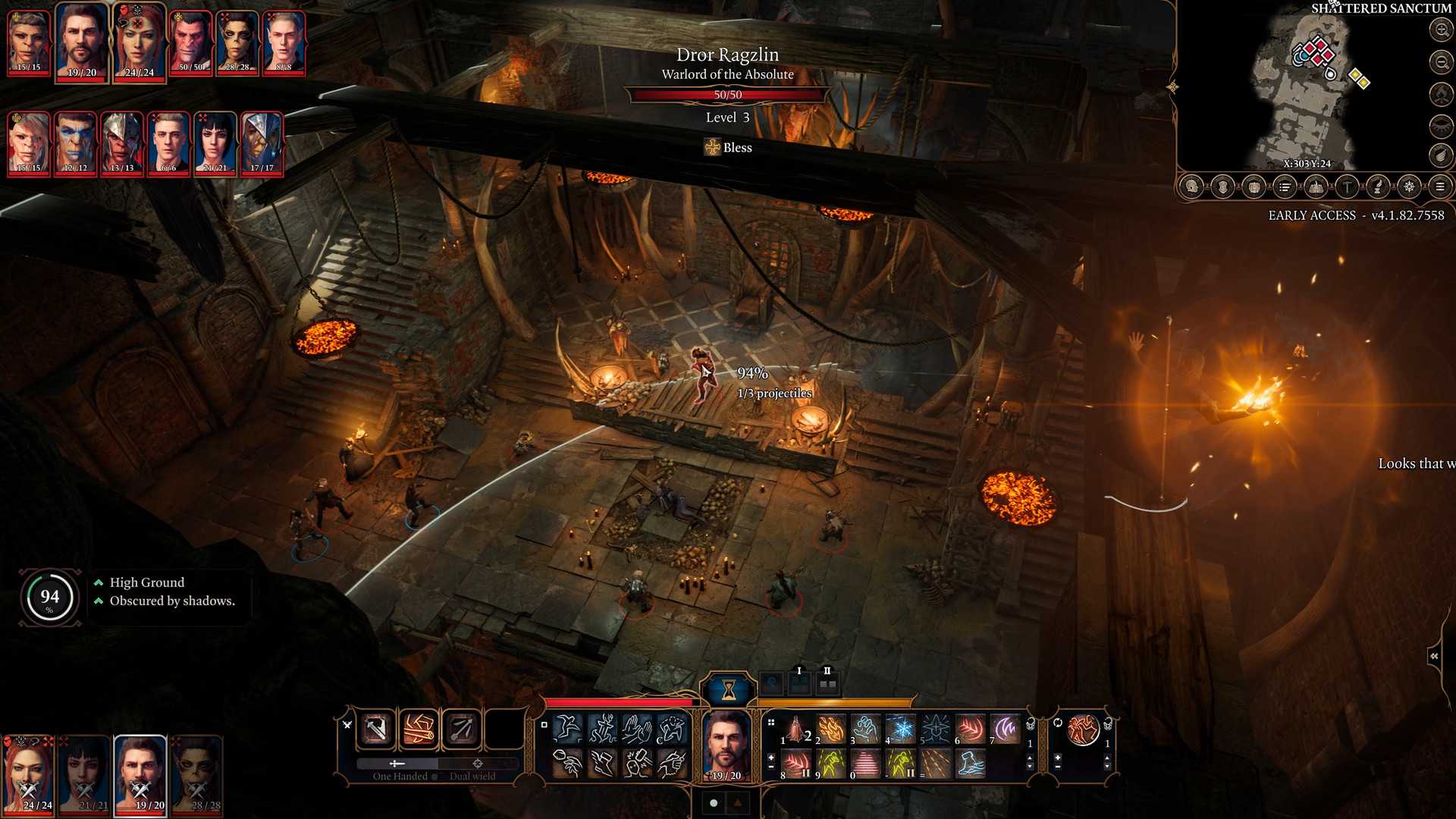Since some of you are too stubborn I asked Chatgpt why games need RAM:
In video games, RAM (Random Access Memory) is an essential component that plays a crucial role in the overall performance and smooth running of the game. RAM serves as a temporary storage space for data that the game requires to function properly during gameplay. When you launch a game, it loads various assets, textures, game world data, character models, sound files, and other necessary information into the RAM for quick access.
During gameplay, the CPU (Central Processing Unit) and GPU (Graphics Processing Unit) constantly need to access data from RAM to render graphics, process AI behavior, handle physics calculations, and manage various game mechanics. Having sufficient RAM allows the game to keep more data readily available, reducing loading times and preventing hiccups or stutters during intense gameplay moments.
If a game doesn't have enough RAM available, it can lead to several issues. The game may experience frequent loading screens, longer loading times between levels or areas, lower-quality textures, reduced graphical fidelity, and even crashes or freezes when the system runs out of memory.
To ensure optimal performance and prevent technical problems, game developers typically set minimum system requirements, including a specified amount of RAM. By doing so, they ensure that players with the required amount of RAM will have a smooth and enjoyable gaming experience without encountering significant performance issues.
As games continue to advance in complexity and demand more resources, having an adequate amount of RAM becomes increasingly important to ensure that the game can run smoothly and deliver the intended gaming experience.
Here are some of the main reasons why games use RAM:
Temporary storage of resources: When the game is launched, many resources such as textures, 3D models, animations, sound effects, and music need to be loaded into RAM. Having these resources in RAM allows the game to access them instantly when needed, improving loading times and the overall player experience.
Real-time data processing: Games often need to perform complex calculations and simulations in real-time to create gameplay, environmental physics, and character behaviors. RAM provides a fast workspace for these operations, allowing the game to process information quickly and generate real-time responses.
Storage of game state: RAM is also used to store the current state of the game while it is being played. This includes information about the player's position, enemy statuses, objects in the environment, collected items, and more. Having this information in RAM allows the game to respond quickly to player actions and maintain gameplay continuity.
Quick access to open-world data: In open-world games, where players can explore large environments without transitioning between scenes, RAM is essential to keep these environments loaded and ready for constant interaction. This allows players to move smoothly through the game world without visible delays or loading screens.
Overall performance acceleration: The more RAM a system has, the more data the game can store and access quickly. This can result in better overall performance, fewer crashes, less lag, and faster loading times.
In summary, RAM is crucial to the gaming experience, enabling games to load resources, process complex data, maintain the game state, and provide smoother and more responsive gameplay. As a result, the amount and speed of the system's RAM directly impact the performance and visual quality of games on a video game console.
I think Microsoft does require that games that launch on PS5 have to have same features on Series S|X - it used to be that way last gen, I doubt they would have changed that. A quick search reveals this doc:
https://www.sec.gov/Archives/edgar/data/1821175/000149315220023938/ex10-21.htm
There is a parity clause
9. Software Title parity. Each Software Title is subject to the following requirements:
9.1 Features and content parity.
9.1.1. [***]
9.1.2. [***]
9.2. Simship with Competitive Platforms.
9.2.1. [***]
9.2.2. [***]
However the content of the clause is elided - probably because it contains commercially sensitive details and this was posted to SEC as a public doc.
While they are a standard part of the day-to-day for many, parity clauses are one way how platform holders try to ensure everyone playing a game has a good time regardless of platform.

www.ign.com
I believe people got too fixated on the parity between Series S and Series X and didn't realize that it's very common to have parity among different platforms, such as PC, PlayStation, and Xbox.
This article from IGN explores these possibilities, mentioning various scenarios. In the article itself, they state that it's common for contracts to have clauses that allow for the absence of parity when there's a limitation in the hardware, which would explain the Steam Deck.





